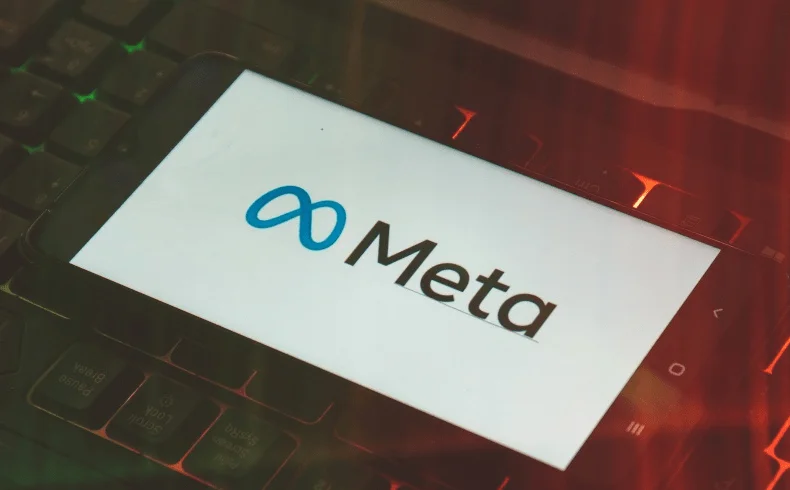Meta, Facebook’s parent company, claims that its new artificial intelligence (AI) “Research SuperCluster” (RSC) would “pave the way” for the Metaverse’s development and would also be the world’s fastest supercomputer upon its completion.

According to a Jan. 24 blog post announcing the hardware, Facebook estimates RSC is already one of the world’s fastest supercomputers and will take the top rank when it is fully operational in mid-2022.
The business claimed, “Developing the next generation of smart AI will necessitate powerful new computers capable of quintillions of operations per second.”
“Ultimately, the work done with RSC will pave the way toward building technologies for the next major computing platform — the metaverse, where AI-driven applications and products will play an important role.”
In a Facebook post on January 25, CEO Mark Zuckerberg added:
“The experiences we’re building for the metaverse require enormous compute power (quintillions of operations/second!) and RSC will enable new AI models that can learn from trillions of examples, understand hundreds of languages, and more.”
To build “advanced AI” for computer vision, natural language processing, and speech recognition, the machine will be able to work across hundreds of different languages.
“We hope RSC will help us build entirely new AI systems that can, for example, power real-time voice translations to large groups of people, each speaking a different language, so they can seamlessly collaborate on a research project or play an AR game together.”
Meta did not reveal the location of the computer or the costs of its research and manufacture.
Camilla Russo, a decentralized financial analyst, compared Meta’s new machine to the Ethereum network, which is already regarded as a worldwide “supercomputer” by some in the sector.

Raja Koduri, Vice President of Intel’s advanced computing systems and graphics department, stated in December 2021 that the present computational infrastructure will have to expand 1,000-fold to run the Metaverse.
“For real-time applications, you need access to petaflops [one thousand teraflops] of computation in less than a millisecond, less than ten milliseconds,” Koduri said at the time.
The Metaverse, which is often referred to as the next iteration of the internet, is a virtual arena where people may work, play, and socialize – generally through the use of virtual reality (VR) and augmented reality (AR) technologies.
Facebook changed its name to Meta in October to reflect its increasing focus on areas other than social media.
